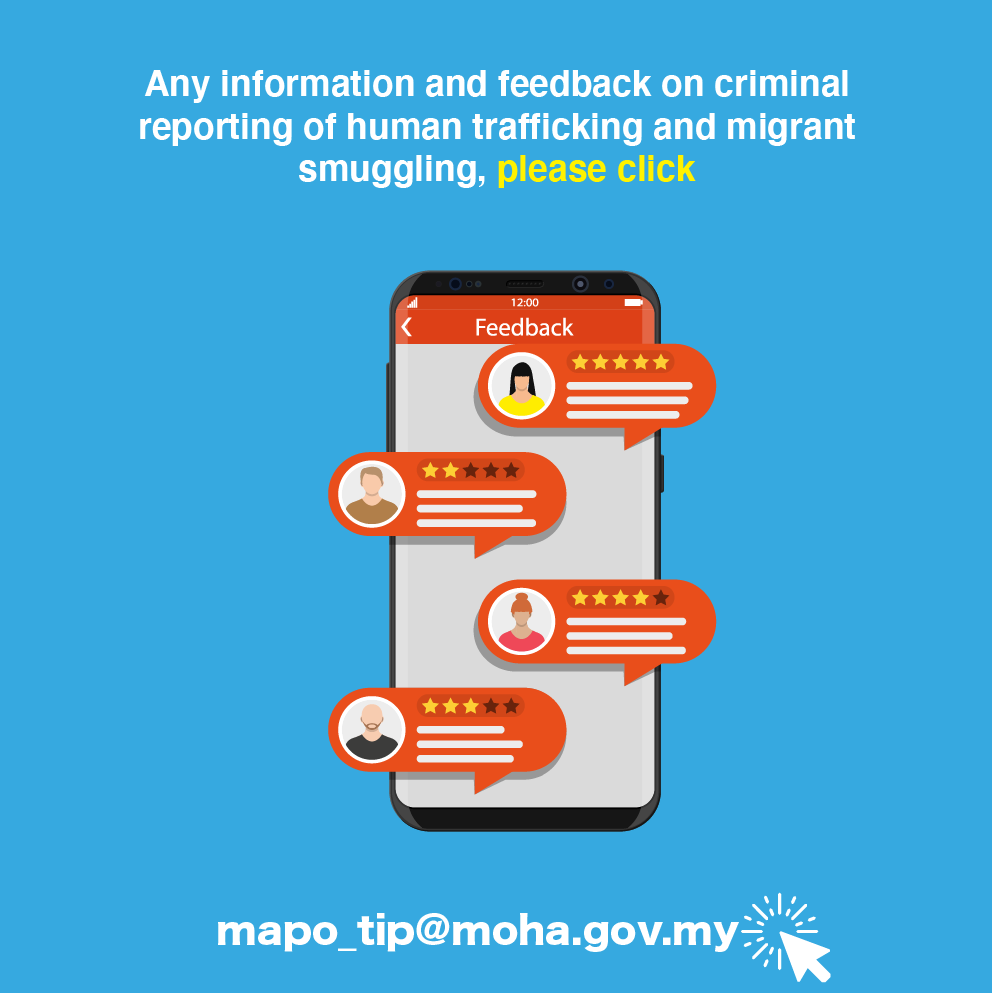Experts Warn Of Security Risks From Alleged Lax Border Control Practices

KOTA BHARU, Nov 22 (Bernama) -- The alleged lax border control practices at the country’s border, including allowing individuals to enter through special lanes at Immigration, Customs, Quarantine and Security (ICQS) complexes merely with a “hand-raising gesture”, are viewed as deeply concerning, as they create openings for criminal activities, smuggling, and national security threats.
According to crime analyst Shahul Hamid Abdul Rahim said the practice not only violates procedures, but also contravenes the Immigration Act 1959/63 (Act 155), which governs entry, stay, and departure from the country, and the Passport Act 1966 (Act 150), which regulates the possession and submission of passports and travel documents.
He said reports on weaknesses at international entry points revealed a vulnerability in the country’s security system.
“If it is true that individuals can enter and exit without checks and official records, this is not merely a procedural breach but could compromise institutional integrity and provide opportunities for undesired elements,” he told Bernama recently.
Shahul Hamid said the nation’s borders were not just geographic lines but the primary defence of the country that must be tightly controlled with integrity.
“Lax practices such as merely raising a hand cannot continue. Every individual must be checked, passports verified, and entries and exits formally recorded,” he said.
He also highlighted the potential for corruption, officer negligence, or internal syndicates exploiting control weaknesses.
Based on his experience, such vulnerabilities usually stemmed from a combination of three main factors: corruption, negligence, and internal networks protecting illicit activities.
Shahul Hamid recommended the government conduct forensic audits on operations and internal integrity across all ICQS complexes nationwide to close existing gaps.
“This audit is not for punishment, but to restore public confidence and ensure border systems cannot be easily exploited,” he said.
Ignored weaknesses, he said, could lead to significant risks, including human and data smuggling, movement of terrorists or foreign agents without detection, and loss of confidence from international security partners such as Interpol and ASEANAPOL.
“If entering and leaving the country can happen without records, how can we know who is within our borders? When such incidents occur, the public will question their safety. To restore confidence, the government must take decisive action and produce tangible results, not just statements,” he said.
He also suggested the use of biometric technology and smart scanners, comprehensive CCTV monitoring, and real-time surveillance systems.
“Rotation of officers is also necessary to prevent long-term relationships being exploited, while centralised oversight is important to detect weaknesses early,” he added.
Shahul Hamid said such system weaknesses reflected a failure of multi-layer security controls, where monitoring and procedures were insufficient to prevent breaches.
“Malaysia must strengthen control systems, build officer integrity, and employ technology to close existing gaps,” he said.
Similarly, crime analyst Kamal Affandi Hashim said the hand-raising culture could be a threat if the individuals were fugitives, wanted persons, or linked to criminal activity.
“If this conduct is carried out by public servants at ICQS complexes, they should be strict and more sensitive to the sovereignty of the nation and its people.
“We are talking about national security… The physical appearance of Malaysians living near the border often resembles neighbouring country residents, which facilitates unnoticed border crossings,” he said, adding that the public, including border authorities, must enter via official channels.
He noted that some Malaysians might not have passports due to costs, but that was not a reason to bypass official border records.
“The hand-raising culture at ICQS complexes along the Malaysia-Thailand border is an old practice that encourages some to use the “hand-wave” method to enter certain areas without checks, including conducting trade of subsidised goods.
“We do not know their intentions. Small items from our country are brought across and sold. Whatever the purpose, entry and exit must be recorded. Why are purposes of movement not logged when we already have a border pass system?” he said.
Responding to claims that the close distance or living near the border justified not using a border pass, he said such excuses were unacceptable.
“If a tragedy occurs, such as a shooting incident in southern Thailand involving our citizens, how can our consulate provide assistance if it does not even know they are there due to no official entry or exit record?” he added.
On Nov 7, media reported police had detained eight individuals, including an ICQS officer, at the Rantau Panjang ICQS complex, Pasir Mas, for crossing the Malaysia-Thailand border without valid travel documents, and using the hand-rasing gesture.
The individuals were travelling in two luxury vehicles from Sungai Golok, Thailand, and were apprehended by the Malaysian Border Control and Protection Agency officers at the complex at 5.30 pm.
-- BERNAMA
Keywords
More News
CONTACT US
Pejabat Strategik Nasional Majlis Antipemerdagangan Orang dan Antipengeludupan Migran (MAPO)
Kementerian Dalam Negeri
Aras 2, Blok D7, Kompleks D,
Pusat Pentadbiran Kerajaan Persekutuan
62546 Putrajaya
Malaysia
+603-8880 8854
+603-8880 8829
nsomapo[at]moha.gov.my
Category
• Corporate Information
• National Report Malaysia 2020-2021
• Annual Country Report 2021-2022
• NAPTIP
• Directory
• News
• Images
• Infographics
• e-Booklet









